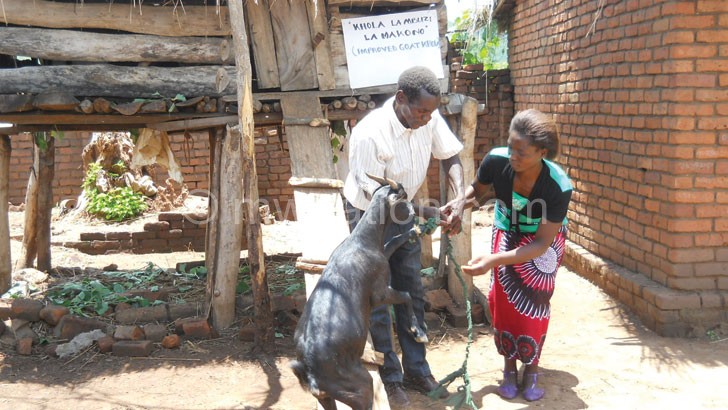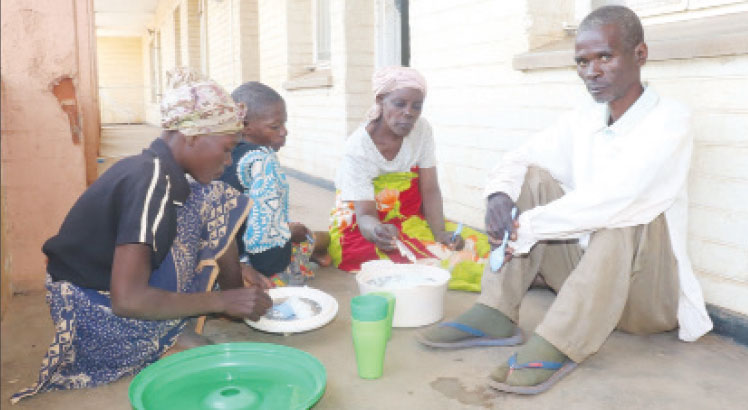Zomba Diocese reinforces conservation agriculture
He warns that such couples shall have to answer before God.
“People should not hide behind religious beliefs to bear children they cannot support. God calls upon every parent to be responsible for their offsprings.
“As such, it would be irreligious as well to wholly blame government or God when your family is facing food shortages because recurrent food shortages are some of the main economic problems a country with an overpopulation faces,” argues Bonyonga.

He explains that the total production in an economy is consumed by more people than are required to generate such production, thereby lowering per capita income, which tends to reduce the saving percentage.
And in such a scenario, he says families which survive on subsistence farming are particularly badly hit, and have the highest risk of facing starvation when crops and animals fail.
Narrates Bonyonga: “The result of this sort of overpopulation is that there is no money in the country’s kitty to provide social security, pensions or a basic health services for a rapid population growth.”
Bonyonga, who is also community mobilisation coordinator for Safe Motherhood Initiative (SMI), therefore, emphasises that it is high time Malawi, just like many other countries across the globe, put a limit on the number of children couples can have.
Senior chief Kalonga of Salima argues that it is irresponsibility of the highest order for Malawians to blame government for the current social and economic crises when couples are busy creating them without offering solutions.
Kalonga says God, too, needs to be spared the blame because mankind has failed to heed His instructions.
Asks the chief: “Did God say it would be his responsibility to care for the children? If not, why are we bearing children whom we cannot ably provide for?”
Non-governmental organisation gender coordination network (NGO-GCN) chairperson Emma Kaliya believes limiting the number of children a family should have could not only help ease pressure on food requirements, but also basic social services such as health and education.
Kaliya notes that majority of the resource-constrained couples are bearing children without considering the amount of resources they have thereby forcing government and non-governmental organisations (to bear the burden of providing for them.
Said Kaliya: “Our population is growing at a very fast rate, and possibly this is the best time NGOs such as the National Initiative for Civic Education (Nice) Trust could redirect its energies to raising awareness on family planning issues. Couples should not bear children they cannot support.” n





